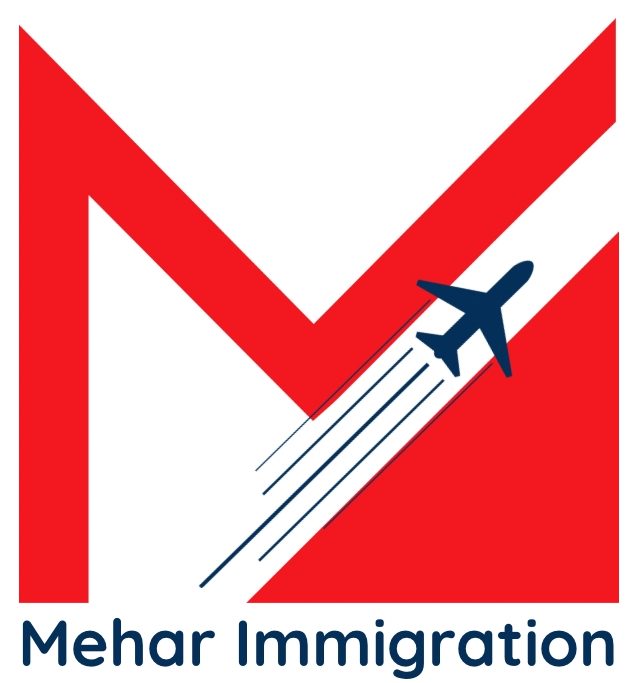LMIA
FREE ONLINE ASSESSMENT

Labor Market Impact Assessment (LMIA)
A Labor Market Impact Assessment (LMIA) is an assessment issued by Human Resources and Social Development Canada (HRSDC) department. The purpose of this assessment is to ensure that a Canadian immigrant will not take the job of a Canadian citizen. Often, if a Canadian employer wants to hire a temporary foreign worker, the Canadian government must apply for LMIA.
A standard LMIA processing traditionally takes 3-4 months. Once approved, a positive LMIA allows the foreign worker to apply for a worker’s permit (this is a legal document allowing a foreigner to work in Canada).
It is important to note that there are two ways an employer can hire a foreign worker through the Temporary Foreign Worker Program (TFWP) and the International Mobility Program (IMP).
This program is co-managed by the Human Resources & Skills Development Canada (HRSDC) and CIC department. Often, employers require HRSDC’s labor-market opinion (LMO) to employ a foreign worker. A positive LMO means that an employer has a job opening but is unable to obtain a Canadian or permanent resident for the job. It is important to note that there are several requirements that must be met before an employer is able to submit a LMIA. This includes approval of the specific amount of money being offered for the position and verification that the employer has never defaulted on a previous LMIA submittal.
Once a positive LMIA is given, the employer must submit the necessary documents to the prospective temporary employee. Once these documents are received, the temporary employee has a specific window of time to apply for an IRCC work permit.
Not all employers need a positive LMIA from ESDC to hire a foreign worker. The International Mobility Program allows employers to hire temporary, non-LMIA foreign workers. Under the IMP, certain categories of foreign workers are exempted from an approved LMIA before being employed by a Canadian employer. These exemptions reflect broader economic, cultural or competitive advantages for Canada, and reciprocal benefits for Canadian citizens and permanent residents.
IMWU has the authority to decide whether the foreign worker falls under any of the exempt categories. Employers are expected to reach IMWU and pay $230 while submitting the job offer through the employer’s portal.
An automatic job number is produced if the IMP candidate is qualified to work in Canada. Employers must send this number to the foreign worker they hire. On that basis, the temporary worker can apply for their work permit and submit it to the ICCRC or CBSA. Officials verify all documents and issue a work permit or Letter of Introduction (if the candidate is outside Canada) upon approval.
Factors DEPENDS On LMIA
Many different factors depend on an LMIA approval, such as the position offered, the region of the job, high or low wage, etc. A high-wage worker is a worker with wages equal to or above the provincial median hourly wage. If an employer wishes to submit an LMIA for a high-wage worker, they must submit a transition plan. This transition plan is drafted to show the Canadian government how the employer plans to reduce reliance on temporary workers and put more effort into hiring Canadians. Whereas a low-wage worker is someone with a lower-than-provincial median hourly wage. If the employer wants to hire them, a transition plan is not required.
Even with a positive LMIA, the employer is not allowed to change the parameters of the job since the LMIA was approved using those parameters. If any of the conditions change regarding the job’s parameters, the worker and or employer will have to submit an application for a new LMIA.
Visa Services
Recent Blog
-
Grow Your Blog Community
June 30, 2022 -
Now You Can Blog from Everywhere
June 30, 2022
Subscribe Now
Don’t miss our future updates! Get Subscribed Today!


